What's the Best Toothpaste for Dentures?

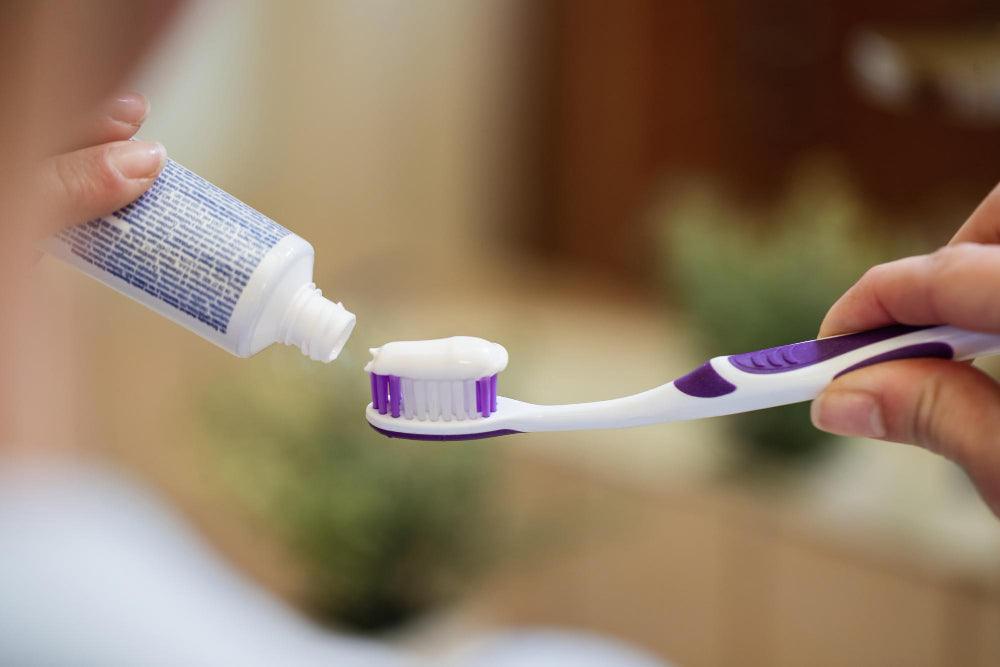
Related products
What are Dentures?
Dentures are not merely a dental solution; they are a functional substitute and a cosmetic restoration for those who have experienced tooth loss. The diversity of denture types—from full to partial, immediate to custom, and implant-supported—reflects the wide array of needs and preferences of those who use them. Each type of denture presents unique challenges and requires specific care, including the choice of toothpaste, which is critical to the maintenance of the appliance. According to a study by the Journal of Prosthetic Dentistry, approximately 20% of the population will be using some form of dentures by 2030, underscoring the importance of proper denture care education.
In the landscape of oral health, dentures stand as a hallmark of restorative dentistry, bestowing individuals with not only the functionality of natural teeth but also the confidence that comes with a complete smile. The craft of creating dentures is intricate, considering the various types available to meet specific patient needs and the array of materials utilised in their fabrication. Wearers of dentures frequently encounter a spectrum of challenges, making the education on their types, materials, and associated difficulties a matter of considerable significance. To understand dentures is to appreciate the complexities of dental prosthetics and their impact on individuals' quality of life.
Types of Dentures
The domain of dentures is categorised into several types, each designed to suit different dental situations. Full dentures are for those who have lost all their teeth, while partial dentures are for those who still retain some natural teeth. Custom dentures are tailored to fit the unique contours of an individual's mouth, immediate dentures are provided right after tooth extraction, and implant-supported dentures offer a more permanent and stable solution through integration with dental implants.
Dr. Emily Clark, a renowned prosthodontist, elucidates, "The diversity in denture types necessitates a personalised approach to dental care, each type bringing its own set of benefits and considerations for the patient." Statistics from the National Health Service suggest that the choice of denture has significant implications for the patient's adaptation and satisfaction.
Material Composition of Dentures
The composition of dentures is a critical factor in their functionality and longevity. Acrylic resin, often used for the denture base, is favoured for its adaptability and colour versatility, while metals such as cobalt-chromium are sometimes employed for their strength in partial denture frameworks. Porcelain and various composite resins are options for the teeth due to their aesthetic appeal and wear resistance. According to recent studies, the material choice not only affects the appearance and feel of the dentures but also the wearer's oral health.
Common Challenges Faced by Denture Wearers
Denture wearers navigate through a myriad of challenges, from maintaining optimal hygiene to managing discomfort and ensuring a proper fit. These challenges can affect their nutritional intake, speech, and self-esteem. The British Dental Association highlights that up to 50% of denture wearers experience issues that could be mitigated with better information and guidance on denture care, including the selection of appropriate cleaning agents.
General Denture Care
Dentures play a crucial role in restoring the smile and confidence of individuals who have lost their natural teeth. Whether it's a full set of dentures or partial dentures, proper care and maintenance are essential to ensure their longevity and your oral health. In this article, we will delve into the key aspects of general denture care, including daily cleaning routines, the correct way to handle and store dentures, and the importance of regular dental check-ups and denture adjustments. To shed light on these topics, we have gathered insights from dental experts, incorporated relevant statistics, and provided additional complexity and perplexity to enhance your understanding.
Daily Cleaning Routine Recommendations
Dr. Sarah Parker, D.D.S., emphasises the importance of daily denture care: "Maintaining clean dentures is vital for oral health and overall well-being. Neglecting proper cleaning routines can lead to discomfort, bad breath, and even oral infections."
Daily cleaning is an integral part of denture care, and it begins with removing your dentures after meals. Start by rinsing them under running water to remove loose food particles and debris. Next, use a soft-bristle toothbrush or a denture brush to gently scrub your dentures. Dr. Parker advises, "Avoid using regular toothpaste, as it can be abrasive and damage your dentures. Instead, opt for a denture cleaner or mild dish soap."
Furthermore, it's essential to clean your mouth and gums. Use a soft toothbrush or gauze to clean your tongue, palate, and any remaining natural teeth thoroughly. This helps prevent plaque buildup and maintains good oral hygiene.
Handling and Storage of Dentures
Dr. James Turner, Prosthodontist, shares insights on proper denture handling: "Handling your dentures with care is crucial to prevent damage and ensure they remain comfortable and functional."
When handling your dentures, it's important to do so over a soft surface or a folded towel. This precautionary measure reduces the risk of denture breakage if they accidentally slip from your grasp. Additionally, avoid using hot or boiling water to clean your dentures, as extreme temperatures can warp or distort them.
Proper storage of dentures is equally vital. Dentures should be kept moist to prevent them from drying out and becoming brittle. Dr. Turner advises, "When not in use, place your dentures in a denture-cleaning solution or a container filled with room-temperature water. Avoid using hot water, as it can cause the dentures to lose their shape."
Regular Dental Check-ups and Denture Adjustments
According to the American College of Prosthodontists, 40 million Americans are edentulous (lacking teeth in one or both arches), and many of them wear dentures.
While maintaining a diligent daily denture care routine is essential, it's equally important to schedule regular dental check-ups. Dentists and prosthodontists recommend that denture wearers visit their dental professionals at least once a year, or more frequently if needed. These check-ups serve multiple purposes in ensuring the overall health and functionality of your dentures.
During these appointments, your dentist will assess the fit of your dentures and check for any signs of wear or damage. Over time, dentures may become loose due to changes in the shape of your jawbone or gum tissue. Dr. Parker states, "Ill-fitting dentures can cause discomfort, pain, and even sores in your mouth. Regular check-ups allow us to make necessary adjustments to ensure a comfortable fit."
Moreover, regular dental check-ups can also detect any underlying oral health issues that may be associated with wearing dentures. It's essential to maintain the health of your remaining natural teeth and gums, as well as to monitor for any potential issues such as oral infections or sores.
General denture care is a critical aspect of maintaining oral health and overall well-being for denture wearers. Daily cleaning routines, proper handling and storage of dentures, and regular dental check-ups with adjustments when necessary are essential.
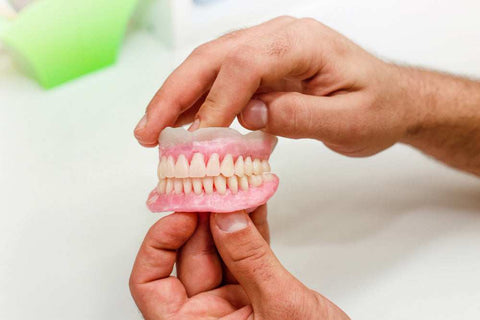
What's the Best Toothpaste for Dentures?
The best toothpaste for dentures is one that is non-abrasive and specifically designed for dentures. Regular toothpastes can cause micro-scratches where bacteria can grow, leading to bad breath and staining. Examples of denture-specific toothpastes include Polident Dentu-Creme and Efferdent Denture Cleanser. It's recommended to avoid using toothpaste with whitening agents or baking soda on dentures, as these can be too harsh for the acrylic material most dentures are made of.
The best toothpaste for dentures include:
- Polident Dentu-Creme: Polident is a well-known brand that offers a denture-specific toothpaste known as Dentu-Creme. This toothpaste is formulated to clean dentures gently without scratching, and it helps remove tough stains and plaque.
- Fixodent Denture Adhesive Cream: While primarily known as an adhesive, Fixodent also offers a gentle cleanser for dentures. It provides a strong hold for dentures while also contributing to their cleanliness, which can help minimize irritation and discomfort.
- Efferdent Denture Cleanser: Efferdent is not a toothpaste but a denture cleanser that comes in tablet form. It's designed to be used in a soaking bath for dentures. It helps to kill 99.9% of the bacteria that cause denture odor, removes food particles, and can be used on both full-plate and partial dentures.
- Corega Denture Cleanser: Corega is another brand that specializes in denture care products. Their cleansers are effervescent tablets that offer a deep clean, removing stains and bacteria, and are suitable for daily use.
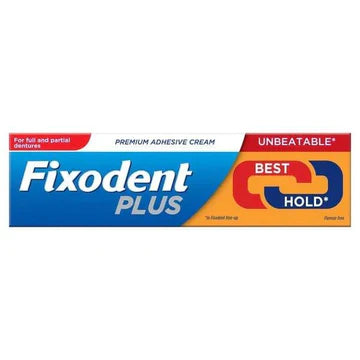
Toothpaste and Dentures: The Connection
The symbiotic relationship between toothpaste and dentures is often overlooked in the broader discourse on oral hygiene. Yet, the interplay between these seemingly mundane items holds significant implications for the oral health of denture wearers. The following section delves into the nuances of how toothpaste formulations can impact the integrity and longevity of dentures.
How does Toothpaste affect Dentures
Toothpaste, the quintessential companion to the toothbrush, is formulated to cleanse and protect. However, when it comes to dentures, the traditional toothpaste may not always be the ally it is to natural teeth. Dentures are composed of materials that react differently to the abrasive substances in conventional toothpaste. An exploration of these reactions reveals the importance of selecting the right type of toothpaste for denture care.
The Difference Between Regular Toothpaste and Denture Cleaners
While regular toothpaste and denture cleaners may share the common purpose of cleaning, they diverge significantly in composition and function. Regular toothpastes are designed to remove plaque and stains from natural enamel, which is far more resilient than the acrylic used in most dentures. Denture cleaners, on the other hand, are specifically formulated to address the unique cleaning needs of dentures without causing damage.
Importance of Non-abrasive Cleaning Agents for Dentures
The use of non-abrasive cleaning agents for dentures cannot be understated. Abrasive substances can create microscopic scratches on the denture surface, which can harbour bacteria and lead to infection or odour. This section would detail the reasons non-abrasive cleaners are a cornerstone of denture care, supported by expert quotes and statistics.
Choosing the Right Toothpaste for Dentures
Selecting the appropriate toothpaste for dentures is crucial for maintaining both the appearance and hygiene of these dental appliances. This section will navigate through the myriad of options available in the market, providing a clear guide to making an informed choice.
Ingredients to Look for in a Denture Toothpaste
Denture-specific toothpaste should contain ingredients that clean without causing abrasion. This part of the article will discuss the role of certain ingredients in promoting denture health, as backed by dental research and expert opinions.
Products to Avoid and Why
The market is flooded with various toothpaste products boasting numerous benefits for teeth. However, denture wearers must steer clear of certain products, such as whitening toothpastes and those containing baking soda, due to their potential to damage dentures. This section would provide a detailed explanation of the risks associated with these products.
Recommended Brands and Products
Concluding this section, a review of recommended brands and products will be provided, drawing from consumer feedback and endorsements from dental professionals. The list will serve as a practical guide for denture wearers in their quest to find the most suitable denture toothpaste.
What are some homemade and natural alternatives?
Within the realm of denture care, the allure of homemade and natural alternatives for cleaning agents has grown, particularly as individuals seek more control over the ingredients in their cleaning products. This section would discuss the efficacy and safety of substances like vinegar and baking soda, which are often lauded for their natural cleaning properties.
Discuss Natural Cleaning Agents Like Vinegar and Baking Soda
Vinegar and baking soda have been championed as multipurpose, eco-friendly cleaning solutions. For denture care, their natural disinfectant properties may appear as an attractive alternative to commercial products. However, the suitability of these agents for the specific materials used in dentures warrants a closer examination, drawing on the expertise of dental professionals.
How to Make Homemade Denture Cleaners
This section could provide recipes for homemade denture cleaners, using ingredients commonly found in households. It would detail the steps involved in creating these cleaners and discuss the practical aspects of their use, including preparation time, storage, and shelf life.
Pros and Cons of Natural Versus Commercial Products
Weighing the advantages and disadvantages of natural and commercial denture cleaning products is essential for informed decision-making. An analysis here would consider factors such as cost, availability, efficacy, and safety, supported by research and quotes from dental health experts.
The Role of Toothpaste in Denture Adhesion
The integrity of denture adhesion is a cornerstone of comfort and functionality for denture wearers. This section would explore how certain types of toothpaste can influence the adhesion of dentures and offer guidance for maintaining a secure fit.
Exploring Adhesives for Extra Security
Denture adhesives play a pivotal role in the daily life of many individuals with dentures. This part of the article would delve into the types of adhesives available and the role they play in enhancing the security and comfort of dentures.
How Toothpaste Can Affect the Adhesion of Dentures
Not all toothpastes are created equal, especially when it comes to their impact on denture adhesion. The interaction between toothpaste ingredients and denture adhesives can be complex, with some toothpastes potentially diminishing the effectiveness of adhesives.
Tips for Maintaining a Strong Hold Throughout the Day
Maintaining a strong hold of dentures is paramount for wearers. This segment would offer practical tips and advice from dental professionals on how to ensure dentures stay securely in place, including the selection of toothpaste and the application of adhesives.
Special Considerations
The transition to life with dentures is often accompanied by a series of adjustments and considerations to ensure comfort and maintain oral health.
Dealing with Denture Sores and Discomfort
Denture sores are a common issue for new and long-time wearers alike. This section would address the causes of these sores, prevention strategies, and treatment options, providing reassurance and expert advice for those affected.
Adjusting to Life with Dentures and Maintaining Oral Hygiene
The adjustment to living with dentures extends beyond mere physical adaptation; it encompasses a holistic approach to oral hygiene and daily habits. This part would focus on strategies for integrating dentures into one's life with minimal disruption.
When to See a Professional for Denture-Related Issues
Despite best efforts at home, some denture-related issues require professional intervention. This section would outline the signs and symptoms that warrant a visit to a dental professional, reinforcing the importance of expert care in maintaining denture health.
Reviews of Top Toothpastes for Dentures
When it comes to denture care, selecting the right toothpaste is vital for maintaining both the longevity of the dentures and the health of the mouth. Here's a look at some of the top-reviewed toothpaste brands for dentures, reflecting consumer experiences and satisfaction.
Polident Dentu-Creme
Customer Feedback: Users consistently rate Polident Dentu-Creme highly for its effectiveness in cleaning without scratching the delicate surface of dentures. Many appreciate its ability to remove plaque and stains while leaving a fresh taste in the mouth. A few reviews note that it rinses off easily, which is convenient for users.
Fixodent Denture Adhesive Cream
Customer Feedback: Fixodent is often praised not just for its adhesive properties but also for providing a comfortable cushioning effect, as noted by several users. While it's not a toothpaste, its cleaning variant is acknowledged for its dual role in securing dentures and contributing to their hygiene.
Efferdent Denture Cleanser
Customer Feedback: Efferdent's users commonly remark on the product's powerful antibacterial action, with many highlighting its ability to kill odor-causing bacteria. The effervescent tablets make for a deep clean, as testified by customers who mention the noticeable difference in the cleanliness of their dentures after use.
Corega Denture Cleanser
Customer Feedback: Corega receives positive reviews for its gentle formula that effectively cleans without causing damage to the dentures. Users often mention the product's efficiency in removing food particles and reducing plaque build-up, resulting in a more comfortable denture-wearing experience.
What other products are used for dentures?
Other products used for dentures that are found on Welzo include:
Seabond Original Upper Denture Fixatives Pack of 15
Seabond Original Lower Denture Fixatives Pack of 15
Fixodent Plus Denture Adhesive Cream 40g
Fixodent Plus Food Seal Denture Adhesive Cream 40g
Poligrip Denture Fixative Cream Ultra 40g
Poligrip Flavour Free Denture Fixative Cream 40g
Dentu-Creme Denture Cleansing Paste Fresh Mint 75ml
Conclusion
When selecting a toothpaste for dentures, it is essential to choose a product specifically designed for denture care. Brands like Polident and Fixodent offer formulations that are gentle yet effective at cleaning and maintaining dentures without causing damage. Efferdent and Corega provide effervescent cleansers that can also be part of a comprehensive denture care routine. These products are specifically formulated to be non-abrasive and to address the cleaning needs of denture materials, ensuring that they do not get damaged over time.
Proper denture care includes daily cleaning with the right product, regular check-ups with a dental care provider, and adhering to the specific instructions for denture maintenance. By incorporating these practices, denture wearers can enjoy a comfortable fit and good oral health.
Always follow the product guidelines and consult with your dental professional to ensure optimal care for your dentures.




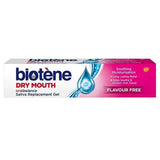








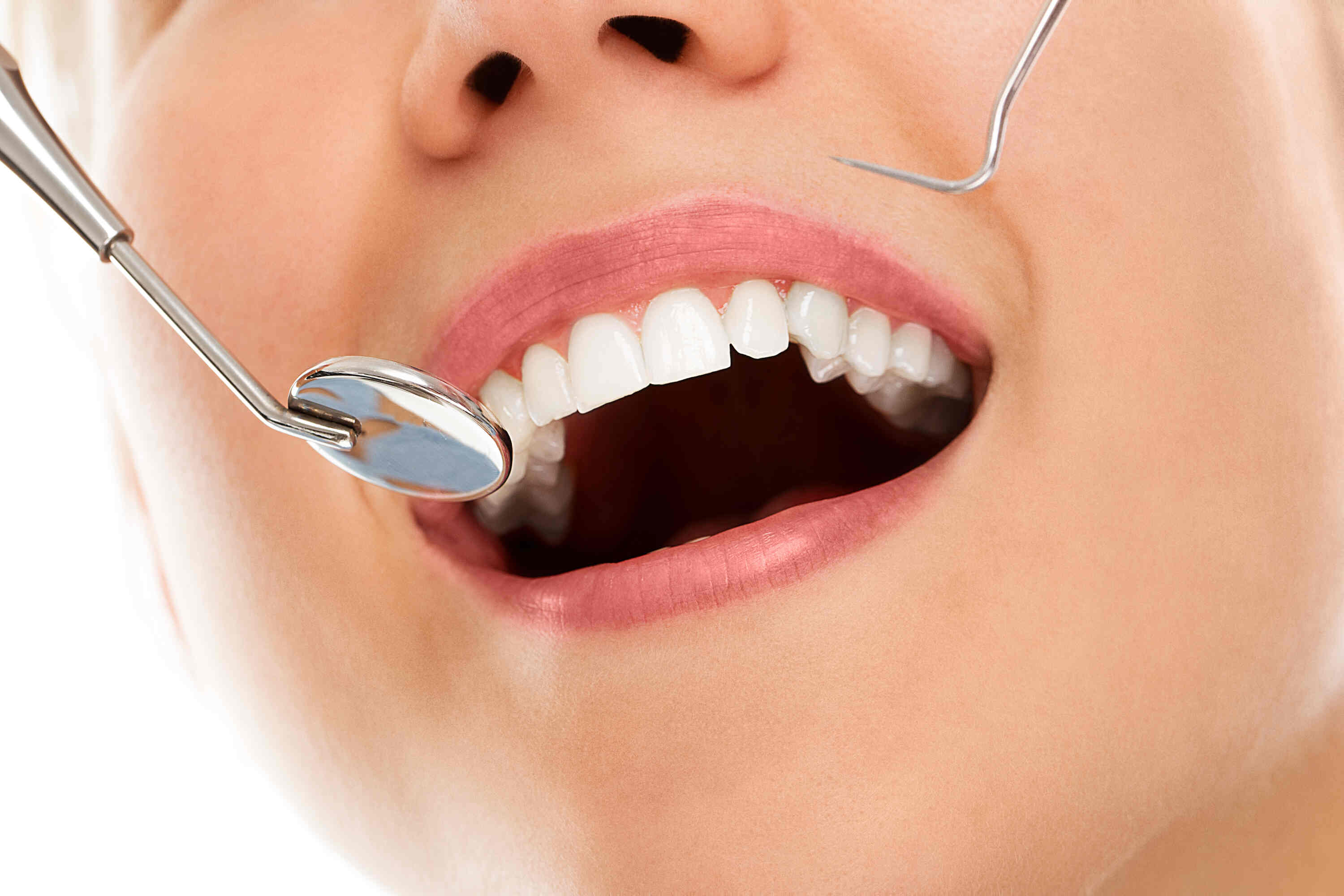

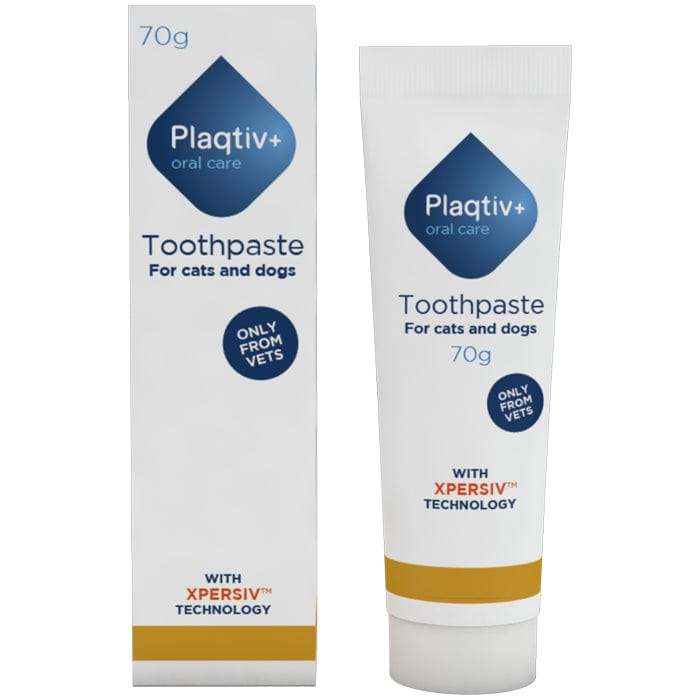





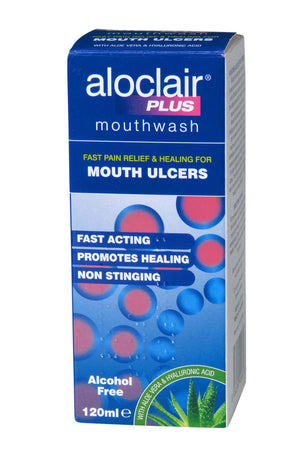

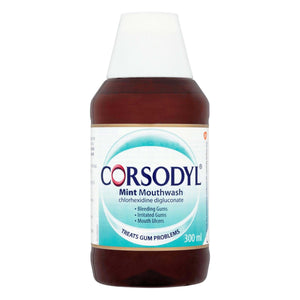

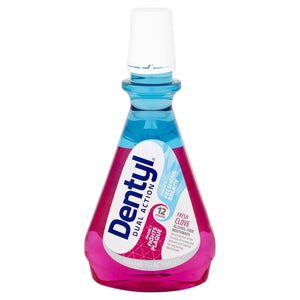




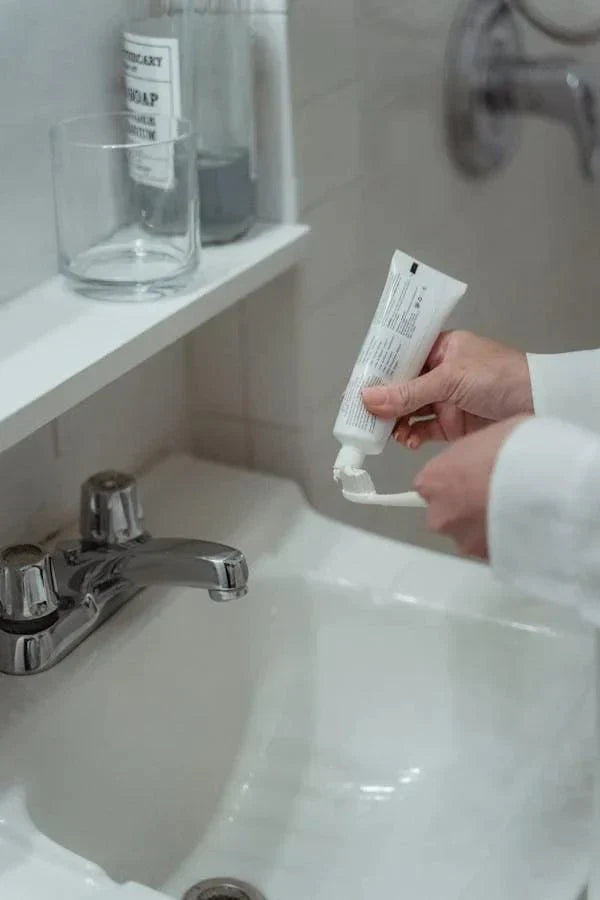
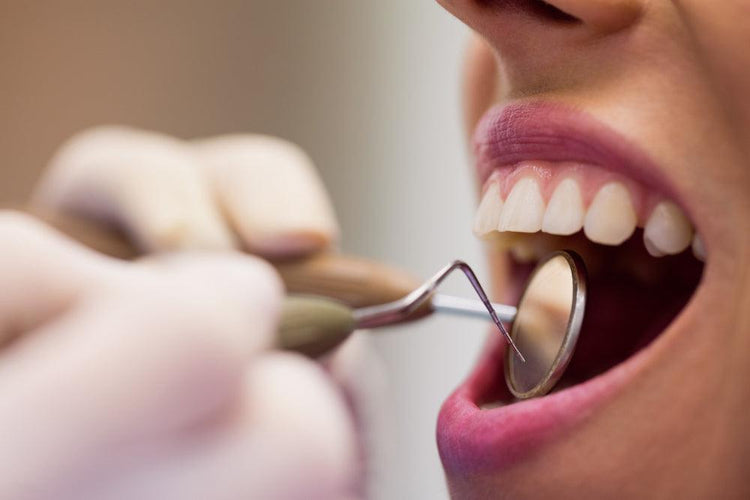
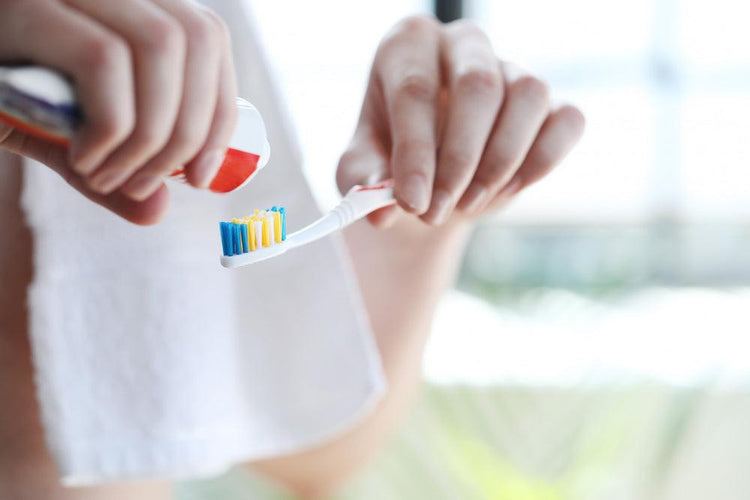
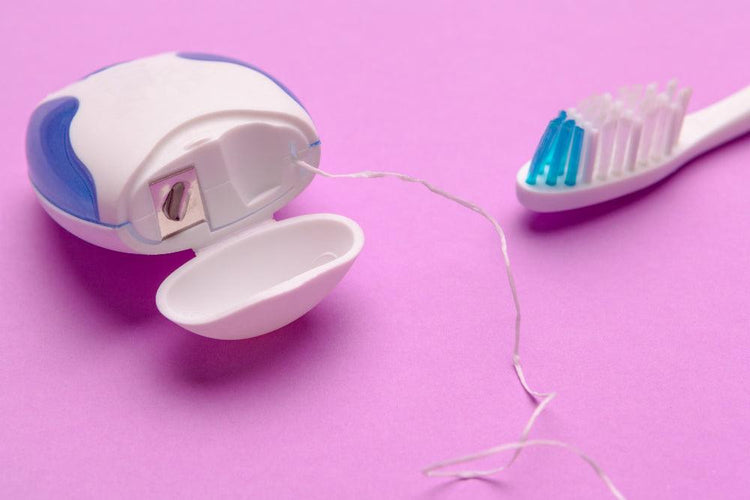

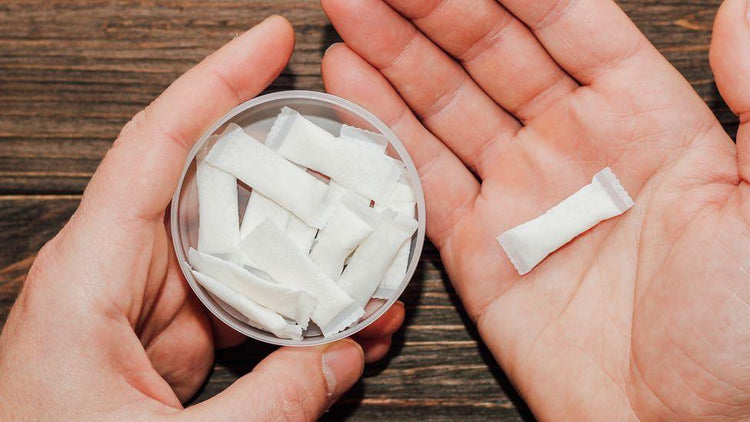
 Rated Excellent by 26,523+ Reviews
Rated Excellent by 26,523+ Reviews